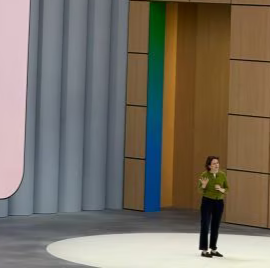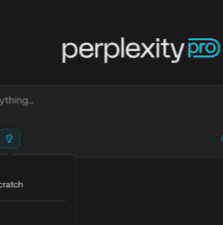A Landmark in AI Coding
On May 22–23, 2025, Anthropic revealed its next-generation models: Claude Opus 4 and Claude Sonnet 4. In internal benchmarks, Claude Opus 4 sustained nearly seven hours of uninterrupted autonomous coding—far surpassing the previous ~45-minute limit—putting it ahead in the race for “world’s best coding model”
Meanwhile, Claude Sonnet 4, its streamlined counterpart, offers enhanced coding, advanced reasoning, and greater precision over its predecessor, Claude 3.7 Sonnet
🧠 Hybrid Reasoning & Long‑Horizon Task Execution
Both models introduce a hybrid reasoning paradigm: toggling between rapid responses and deep, “extended thinking” when tackling complex tasks. This enables parallel tool invocation—like web search and APIs—and the ability to extract and store “tacit knowledge” from provided files to maintain continuity over prolonged sessions
A new feature, “thinking summaries,” condenses the models’ reasoning process into digestible overviews, while the extended thinking beta mode allows developers to balance tool use with internal reasoning
⚙️ Real‑World Validation & Benchmarks
Anthropic shared that a Rakuten pilot enabled Claude Opus 4 to code autonomously for nearly seven hours—marking a dramatic leap from the 45‑minute capability of prior Claude versions—and demonstrating sustained reasoning in agent workflows
Benchmarks indicate Opus 4 outperforms comparable models from Google Gemini 2.5 Pro and OpenAI's GPT‑4.1, particularly in coding and tool-use evaluations
Further improvements include a 65 % reduction in reward-hacking behavior—fewer shortcuts or spurious completion tactics—compared to the previous models
🧰 New Developer Ecosystem Enhancements
Anthropic has officially launched Claude Code, its agentic CLI tool for developers, integrating features such as Python code execution, an MCP connector (Model Context Protocol), a Files API for repository access, and prompt caching to optimize costs and speed
Claude Opus 4 and Sonnet 4 are accessible via Anthropic API, Amazon Bedrock, and Google Cloud Vertex AI. Sonnet 4 is available to free-tier users, while Opus 4 requires a paid subscription
🌐 Competitive Landscape & Strategic Significance
The Claude 4 launch comes amid a week of intense AI announcements—from Microsoft Build to Google I/O—reinforcing the rapid pace of innovation in AI ecosystems .
This release signals Anthropic’s strategic pivot from pure chatbot performance to becoming a dominant AI coding platform: a move that could reshape how organizations integrate AI agents, parallel tool pipelines, and long-term code reasoning into developer workflows.
Anthropic’s Claude 4 models mark a transformative step in AI-powered software development. With robust reasoning, extended task autonomy, and a growing ecosystem of developer tools, Claude Opus 4 and Sonnet 4 are poised to influence the next wave of hybrid AI assistants.
Source:indianexpressChat GPT






